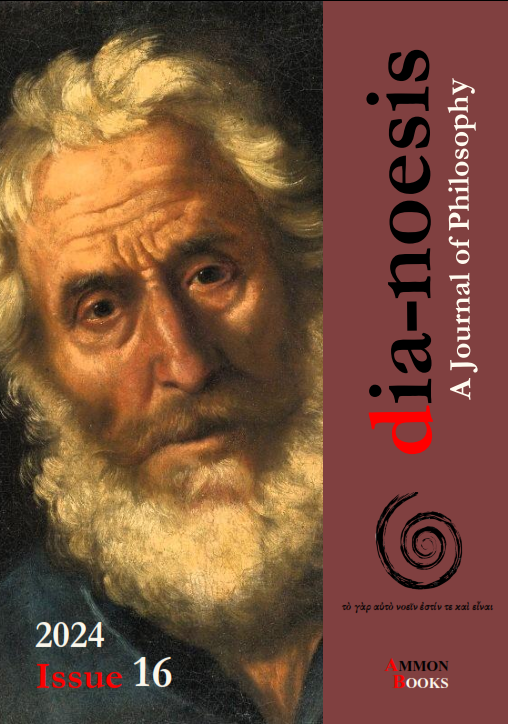The concept of immutability in Proclus Theoretical approaches based on the first book of Theologia Platonica

Abstract
In this article we examine the concept of “immutability” in the Neoplatonic philosopher Proclus. Our reference text is the first book of Theologia Platonica and, in particular, the chapters, ιθ΄ (88.12-94.9) and κζ΄ (118.10-119.30). This is an eclectic approach on the part of the Neoplatonic thinker, in which he draws material mainly from the Timaeus and the Respublica. In the context of a clearly hierarchical metaphysical system with deities ontologically and evaluatively situated, the “immutable” is primarily associated with divine simplicity, self-sufficiency and incorruptibility. For this connection, Proclus grounds his reasoning in a series of explanations, which concern metaphysical orders from the hierarchically higher to the hierarchically lower. Furthermore, “immutable” is linked to the concepts of “uniform”, “indissoluble” and “unchangeable”, which also move in the metaphysical domain. The main conclusion that emerges is that it is a concept which is exclusively located on the divine level and is passed on from order to order as a property by analogy. That is, it is related to the process of divine emanation.
Article Details
- How to Cite
-
Petridou, L. (2024). The concept of immutability in Proclus: Theoretical approaches based on the first book of Theologia Platonica. Dia-Noesis: A Journal of Philosophy, 16, 91–110. https://doi.org/10.12681/dia.39534
- Section
- Articles


